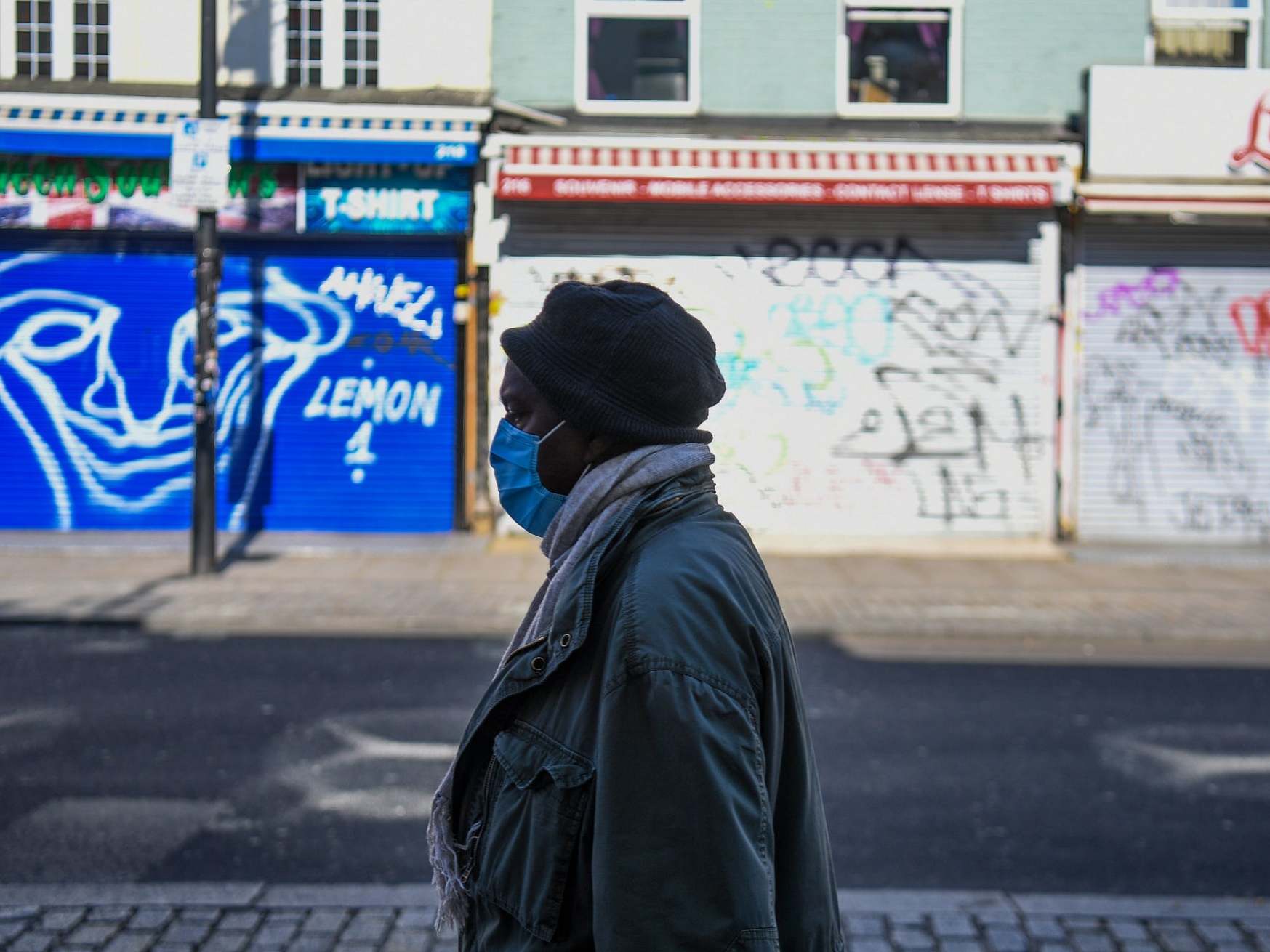The lockdown could be a watershed moment for this nation of shoppers and shopkeepers
Even if shops reopen next month the face of retail could be changed forever by this crisis. Government needs to help cushion the transition, says Ben Chu


Napoleon described Britain as a nation of shopkeepers.
But in recent decades we could equally well be described as a nation of shoppers.
Last year our total spending at shops, supermarkets, department stores and petrol stations totted up to around £8bn every week, according to the Office for National Statistics (ONS).
Over the year, total retail sales accounted for around £400bn, just short of a fifth of all spending in the entire economy.
Those are the reasons economists and analysts pay so much attention to the monthly retail sales figures – money talks and size matters.
Plus retail sales have historically been an indicator of wider consumer sentiment. How much we are spending in the shops seems to give a decent signal on how much we are going to spend at the cinema, in restaurants etc.
Lockdown has not only suppressed the virus but, as you would expect, the great British shopper.
Total weekly retail sales were down to around £6bn in April, around a fifth lower than the same month in 2019. It’s the biggest drop the statisticians have ever recorded.
Many retailers are suffering acutely. Eight in every 10 are suffering cash flow difficulties according to the Confederation of British Industry.
The government’s jobs furlough scheme has helped retail firms to retain workers, rather than being forced to lay them off.
But it’s more than a short-term financial patching-up job – the equivalent of putting pressure on a wound to stop the patient from bleeding out.
If retailers are to survive they need customers.
Will they get them? The prime minister seemed to offer some hope on Monday when he said high-street shops, showrooms, department stores and shopping centres should be able to reopen from next month and some from next week.
But, as many have noted, this hardly spells the end of the crisis for retailers. Ongoing physical distancing requirements will be onerous and disruptive – much more so for smaller stores.

And there’s also a question mark over how many customers will be willing to return with fears about the virus still elevated.
Bigger structural challenges have probably been accelerated too.
The ONS also reported that in April the proportion of retail sales spending that was done online jumped to 30 per cent, up from 19 per cent in the same month in 2019.
If Britain is becoming a nation of online shoppers that represents a profound challenge to many retailers.
Some will be able to pivot into the new digital world, and indeed are doing so already by investing in their websites during the lockdown.
But for many this trend is an existential threat.
In the world of economic theory there’s no real problem here. Businesses will go bust, shops will close, retail units will be vacated, workers will be made redundant.
But those resources and people will then be redeployed where they can be profitably employed. Online retailers will boom. Shop workers will become delivery drivers. Rents will fall and new, perhaps non-retail, tenants will move into those gaps on the high street.
But in economic practice transitions are often not so frictionless.
Unemployed workers can remain unemployed for some time, harming their lifelong earning potential. Vacant units on high streets can remain vacant for a prolonged period, blighting the ambience of town centres and deterring private investment even when it might prove profitable.
Training for workers, grants for businesses and public investment for local services and amenities can help.
If this lockdown does mark a watershed moment for this nation of shoppers and shopkeepers the government will need to work hard – and recognise its responsibilities – to ensure the transition is as non-traumatic as possible.
Join our commenting forum
Join thought-provoking conversations, follow other Independent readers and see their replies
Comments
Bookmark popover
Removed from bookmarks